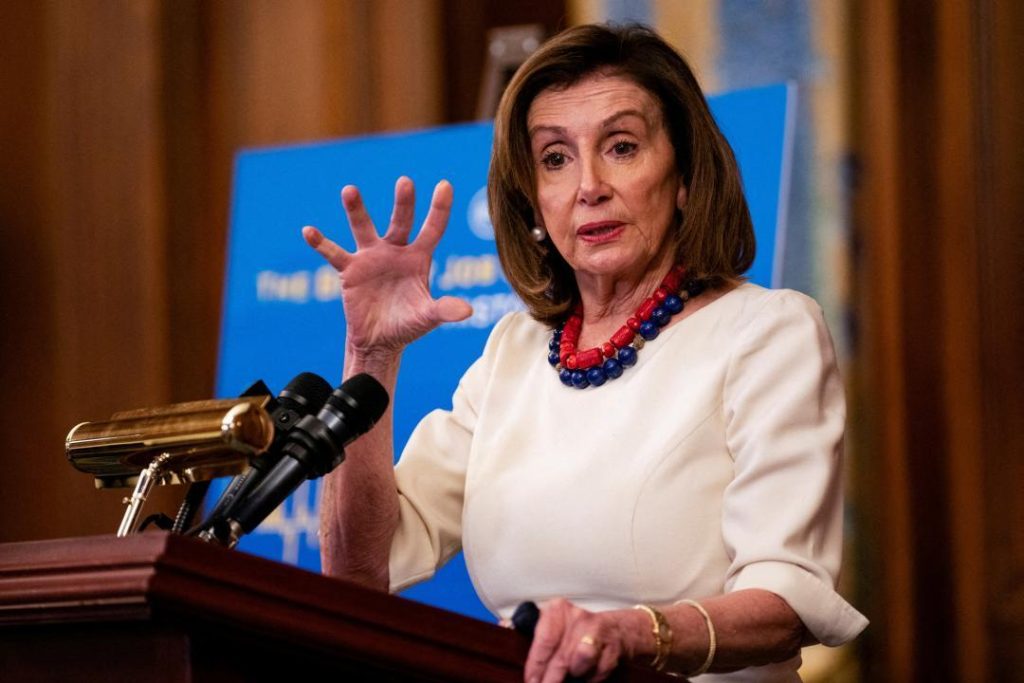
What is PELOSI Act & why is it named after former US Speaker Nancy Pelosi?
In a bid to increase transparency and curb potential conflicts of interest, a US Senator has reintroduced a bill that prohibits lawmakers and their spouses from holding or dealing in stocks while holding office. The Preventing Elected Leaders from Owning Securities and Investments (PELOSI) Act, reintroduced by Senator Josh Hawley, aims to address concerns about the financial dealings of elected officials and their impact on policy decisions.
The act is named after former US Speaker Nancy Pelosi, who has been at the center of controversy over her stock market gains during her time in office. As Speaker of the House of Representatives from 2007 to 2011 and again from 2019 to 2023, Pelosi has been accused of benefiting from her position, with some critics arguing that she has used her influence to further her own financial interests.
The PELOSI Act proposes to ban lawmakers and their spouses from owning or trading individual stocks, bonds, and other securities while holding office. However, they would be allowed to invest in mutual funds (MFs), exchange-traded funds (ETFs), and Treasury bonds. This would help to reduce the risk of conflicts of interest and ensure that lawmakers are not influenced by their personal financial interests.
The act is not limited to stocks and bonds. It also covers other financial instruments, such as options, futures, and derivatives. Lawmakers would also be prohibited from owning or dealing in cryptocurrencies, commodities, and other financial assets.
The PELOSI Act is not a new concept. Similar bills have been introduced in the past, but they have failed to gain traction. However, with the increasing concern about corruption and the growing wealth gap in the United States, the act has gained renewed attention and support.
Proponents of the act argue that it would help to restore public trust in government and prevent the kind of conflicts of interest that have plagued the country in recent years. They argue that lawmakers should not be allowed to benefit financially from their position, and that this would help to ensure that policy decisions are made in the best interests of the country, rather than personal gain.
Critics of the act argue that it is an overreach of government authority and that it would restrict the ability of lawmakers to make smart financial decisions. They argue that the act would also create a new bureaucracy to regulate the financial dealings of lawmakers, which would be costly and inefficient.
Despite the controversy surrounding the act, it is likely to gain support from both parties in Congress. Many lawmakers have expressed concerns about the potential for corruption and the need to increase transparency in government. The act would also help to address the growing wealth gap in the United States, by ensuring that lawmakers are not using their position to further their own financial interests.
The PELOSI Act is a step in the right direction towards increasing transparency and accountability in government. It may not be a perfect solution, but it is a start. As the country continues to grapple with the challenges of corruption and income inequality, it is essential that lawmakers take action to address these issues and restore public trust in government.



